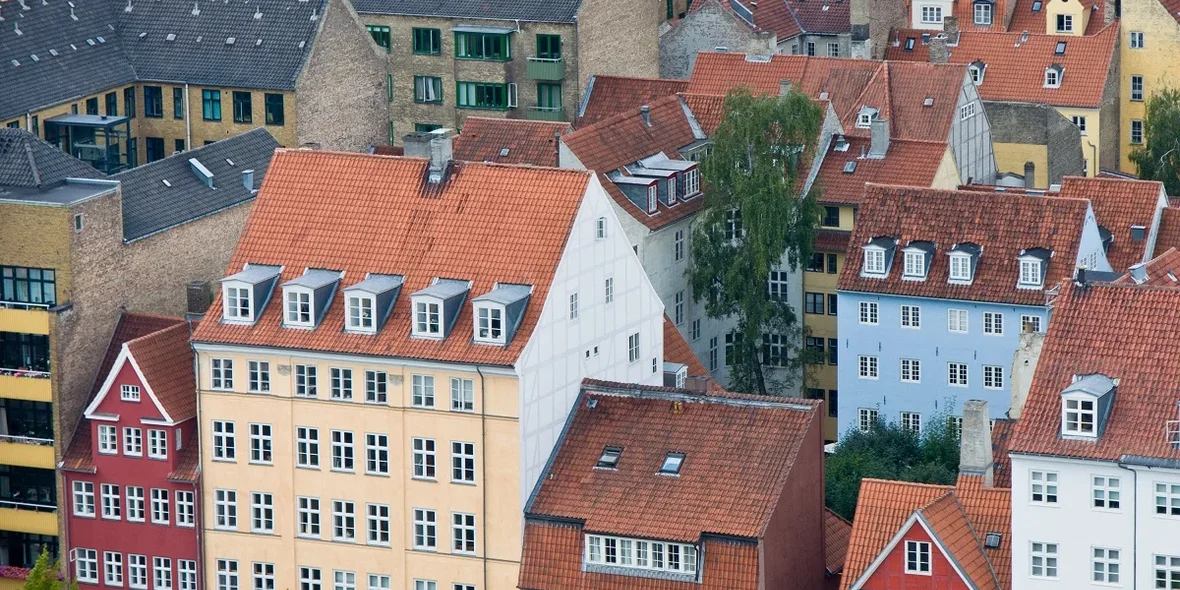
From April 1, moving to Denmark to work has become simpler for foreigners. Details
Almost all countries in Europe are facing a shortage of specialists and are passing laws to attract foreign workers to the country. Only recently have we written about immigration changes in Germany and Italy. Since April 1, it has become easier to move to work in Denmark—this is the date when amendments to the country's law on foreigners came into force.
Which types of employees are lacking in Denmark?
According to the European Commission, in the first three months of 2022, 42% of companies in Denmark reported recruitment problems.
Denmark lacks both people with higher education and just skilled workers, so the country made two different lists for each category.
Among people with higher education (a bachelor's or master's degree is required), professionals in science, technology, health care, teaching, information technology, and finance are in high demand. Getting a job from this list will allow you to apply for a residence permit and a work permit in Denmark.
Junior specialists and employees are required among skilled workers in the fields of social welfare, business and management, accounting, and science and technology.
How exactly has Denmark simplified immigration rules?
- Wage requirements have been lowered so that more jobs are open to foreigners. The new annual salary limit for obtaining a work permit and residence permit is at least 375,000 Danish kroner (€50,344). Previously, the threshold was DKK 465,000 (€62,434).
- The possibility of accelerated certification for employees has appeared. Danish companies that want to hire foreigners can apply for expedited certification. For such fast certification, the company must have a minimum of 10 full-time employees, whereas before it had to be 20.
- There is also good news for international students. After receiving a diploma, foreigners will be able to stay in Denmark for another 3 years to look for work locally—before, this period was 2 years.
Author
I am responsible for editorial work. I write expert interviews and guides.























